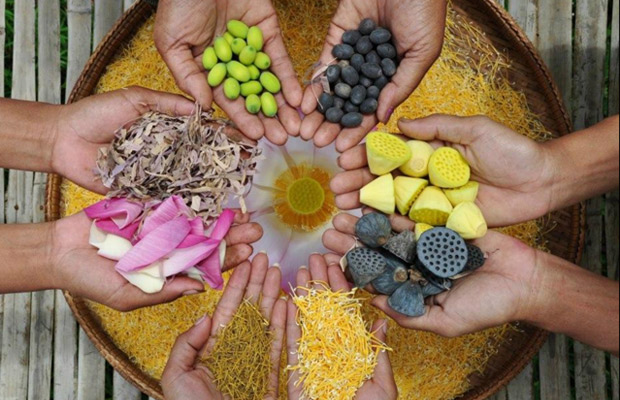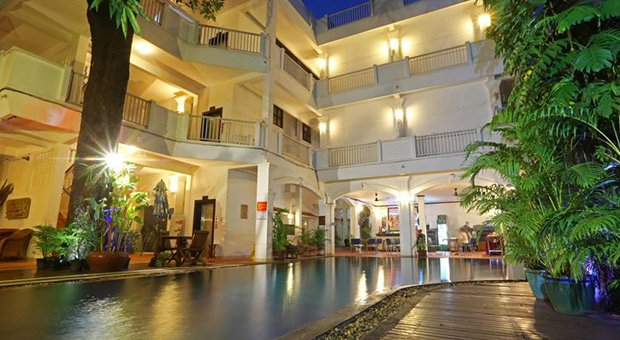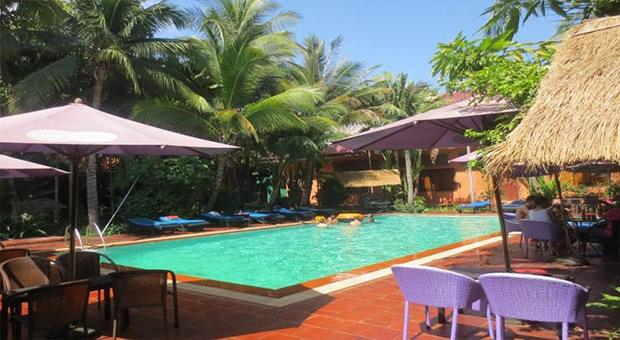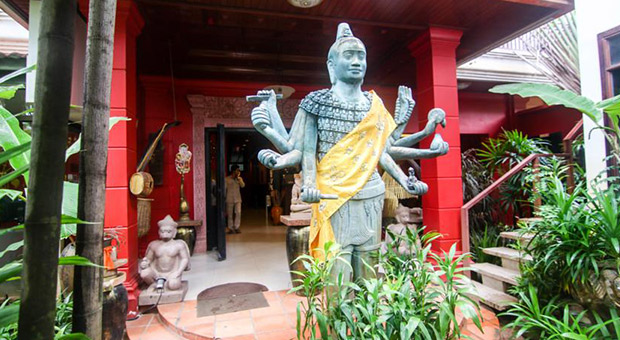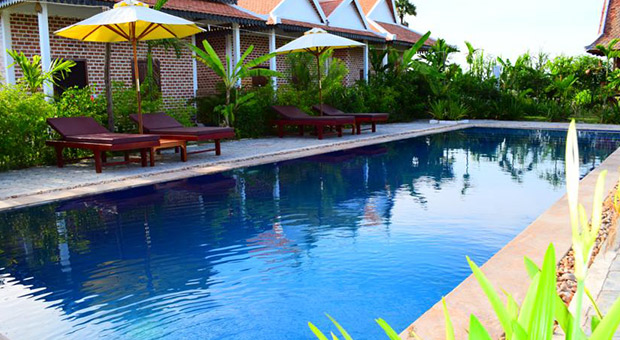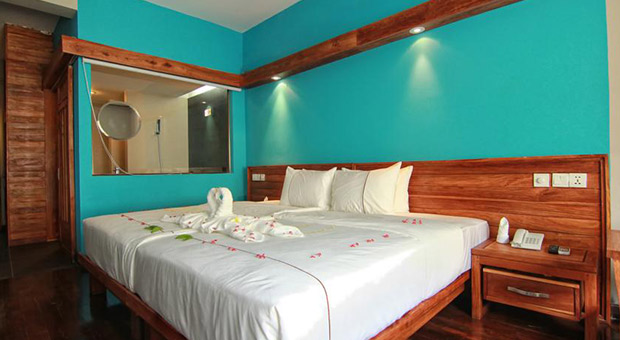Lotus Farm Siem Reap
Lotus Farm Siem Reap
Cambodia
Siem Reap
Siem Reap Travel Guide
Book Tour & Activities
Your tour in Siem Reap.
Book your stay
Your hotel in Siem Reap.
Overview
The Lotus Farm is a unique fair-trade eco-textile workshop in the world. The visit aims to present in detail the whole process of fabrication, from the extraction of the fibres in the stem of the lotus, to the weaving of the fabric. It is the most ecological fabric in the world, creating products of excellent quality combined with the respect of the environment and of the social values. The Lotus Farm is located 15 minutes from Siem Reap downtown, on the road 63 to Phnom Krom and Chong Kneas (Tonle Sap).
The Lotus Farm is a unique workshop in the world. It aims to present in detail though in an entertaining manner, the exceptional production of the most ecological fabric made from lotus fiber.
After a guided presentation of the Sacred Lotus Flower and its symbolic meaning in the Asian cultures, the Lotus Farm offers visitors the opportunity to experience each stage in the creation of this luxurious and rarest fabric:
- The harvest, or the way to gather the Lotus Flowers stems to keep the best quality of material,
- The spinning, which consists to transform the Lotus fibers in a high quality thread. This very complex process must be realized exclusively by hand.
- The weaving, from the preparation of the loom to the finished lotus fabric,
- The re-use of the Lotus wastes which offer unique medicinal, nutritional and cosmetic properties.
A presentation film, a sensorial discovery, a sampling of by-products derived from the lotus plant and a gifts shop complete the guided tour. Soft-drinks and restrooms are available for customers.
A fairtrade company
In South Asia, the sacred Lotus is omnipresent in religious history. For Buddhists, it’s a symbol of every man and woman’s ability to surpass their conditions, no matter their origin, and accomplish themselves, just like the lotus flower growing tall until it floats above the muddy waters. As such, everyone has the potential to elevate themselves and to reach Buddha’s state “without letting the world pollute them, like a lotus on water” as spoken by the Lotus Sutra, one of Buddhism’s most important educational texts.
Equally a symbol of fertility and erudition, as well as longevity, the plan on which Buddha is frequently seen sitting expresses all the promises of the future and of becoming a better man. We can equally read the Sutra as an encouragement to actively engage in others’ lives as well as society.
Samatoa believes in the symbolic strength of this text and it’s using this same positive and humanist dynamic that it has developed its economical, social and environmental project, allowing vulnerable women from small Cambodian village to become autonomous, to live and to support their family decently.
Video Travel Inspiration
Most Popular Cities

Siem Reap
Cambodia
Ho Chi Minh City
Vietnam
Beijing
China
Paris
France
London
United Kingdom
New York
USA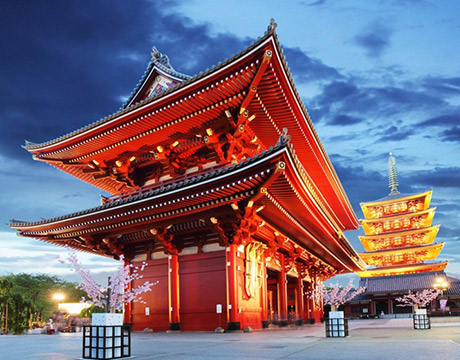
Tokyo
Japan
Bangkok
Thailand
Seoul
South Korea
Vientiane
Laos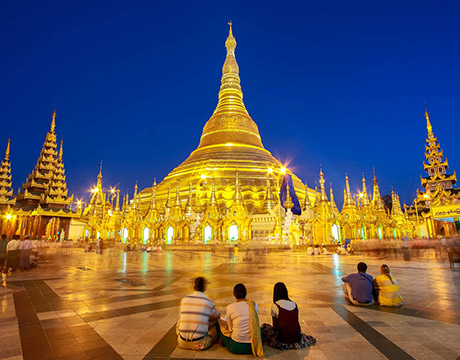
Yangon
Myanmar
Washington DC
USA
Los Angeles
USA
Ottawa
Canada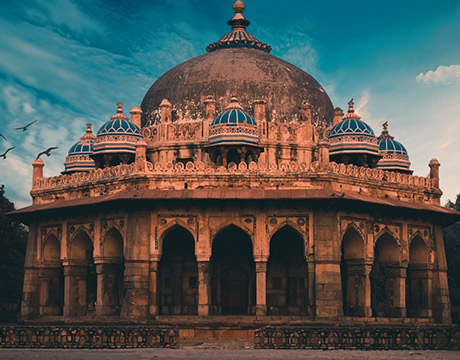
New Delhi
India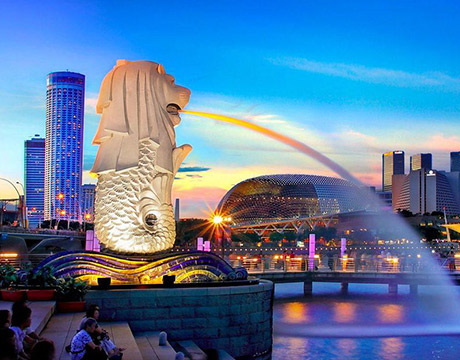
Singapore
Singapore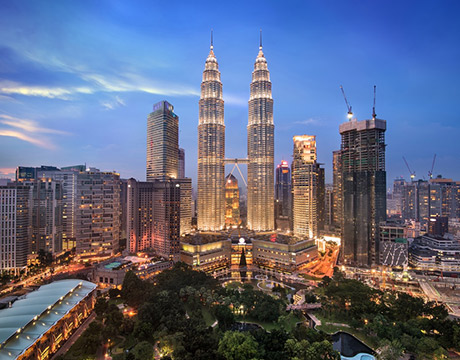
Kuala Lumpur
Malaysia
 English
English French
French Khmer
Khmer Thai
Thai Vietnamese
Vietnamese Chinese
Chinese Korean
Korean German
German Japanese
Japanese Italian
Italian Russian
Russian Spanish
Spanish Dutch
Dutch Indonesian
Indonesian Malay
Malay
